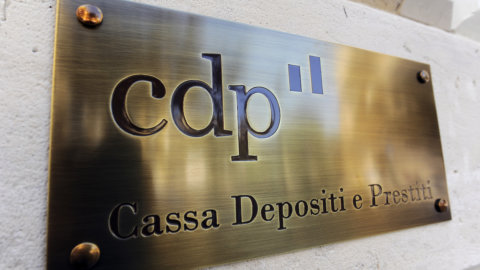2023 for the short rentals represents the year of the revolution. In fact, many changes have arrived in recent months which impact on a sector which in turn is radically changing the structure of the historic centers of Italian tourist cities. First the bill, then transformed into law decree, which obliges owners to equip themselves with identification code and imposes a two-night limit of overnight stays in metropolitan cities. Then, almost simultaneously with each other, they arrived there sentence no. 9188 of the Council of State, which reiterates that booking portals must collect and pay to the State the dry tax on short-term rentals, and the maneuver that raises the dry tax rate from 21 to 26%. In short, many new features all together aimed at regulating a sector that has been in the spotlight for some time.
Maneuvering and short-term rentals: flat rate tax rises to 26%
From 1 January 2024, owners of properties rented on a short-term or tourist basis will have to pay higher taxes. It foresees it Maneuver 2024 which - according to what we read in the draft which will arrive in Parliament in the next few days - increases the dry tax rate from 21 to 26%. The increase concerns only short-term rentals and not the other rental categories.
According to Aigab (Italian Association of Short-Term Rental Managers), the tax rate is 26% will result in 850 euros in extra taxes for 600 thousand families. This is – the association comments – an intervention “that impoverishes the middle class to satisfy hoteliers”. Confconstruction is also against it, according to which the law "would bring little change into the state coffers (if higher revenue was the intention) and would not even be able to discourage short-term rentals (if this was the objective). The only effect of the law would be the growth of the underground economy." Federalberghi's position is obviously opposite and instead applauds the Government's initiative.
In this context, it should be remembered that from 2021, the flat rate tax is only foreseen if it is intended for this purpose a maximum of four apartments. Beyond this threshold, the activity is considered to be carried out in an entrepreneurial manner. The September bill/dl reduces the ceiling to two houses: from three you must open the VAT number.
Short-term rentals: the ruling of the Council of State
Sentence no. 9188 of 24 October 2023 of the Council of State implements the indications received from the EU Court of Justice and confirms that it is up to the booking portals the burden of rcollect and pay the flat tax to the State on short-term rentals. Already last year, the Luxembourg judges had ruled (in part) wrong with AirBnb which had appealed against the Italian tax regime for short-term rentals introduced in 2017 which established that the State can ask to collect information and data on rentals made and above all to apply the withholding tax provided for by the national tax regime. Furthermore, from 1 January 2023, the tax codes of the lessors, the income received and the cadastral data of the rented properties must be communicated to the Revenue Agency.
The decree law on short-term rentals
At the beginning of September it was a bill. At the end of September it became a law decree, but the substance does not change. The Government intends to impose a crackdown on short-term rentals in order to provide uniform regulations at national level for rentals for tourist purposes, but also to combat illegal and undeclared activity.
The provision provides that in the capital municipalities of metropolitan cities, the rental contract for tourist purposes relating to one or more properties for residential use, in short, the short-term rental, cannot have a duration of less than 2 nights unless the property is rented by a family with at least three children. Translated: if there are members of the household that rents at least 3 children, green light to rent even for one night. Otherwise there must be at least 2.
Not only that, the Ministry of Tourism will assign each property a national identification code (Cin) which will be obtained by submitting a specific application electronically. The lessor must already have the regional identification code (Cir) issued by the competent region or an identification code issued by the competent municipality.
As mentioned, finally the owners of more than two houses rented will have to open the VAT number to continue the business.





